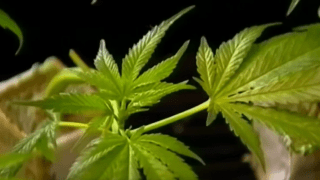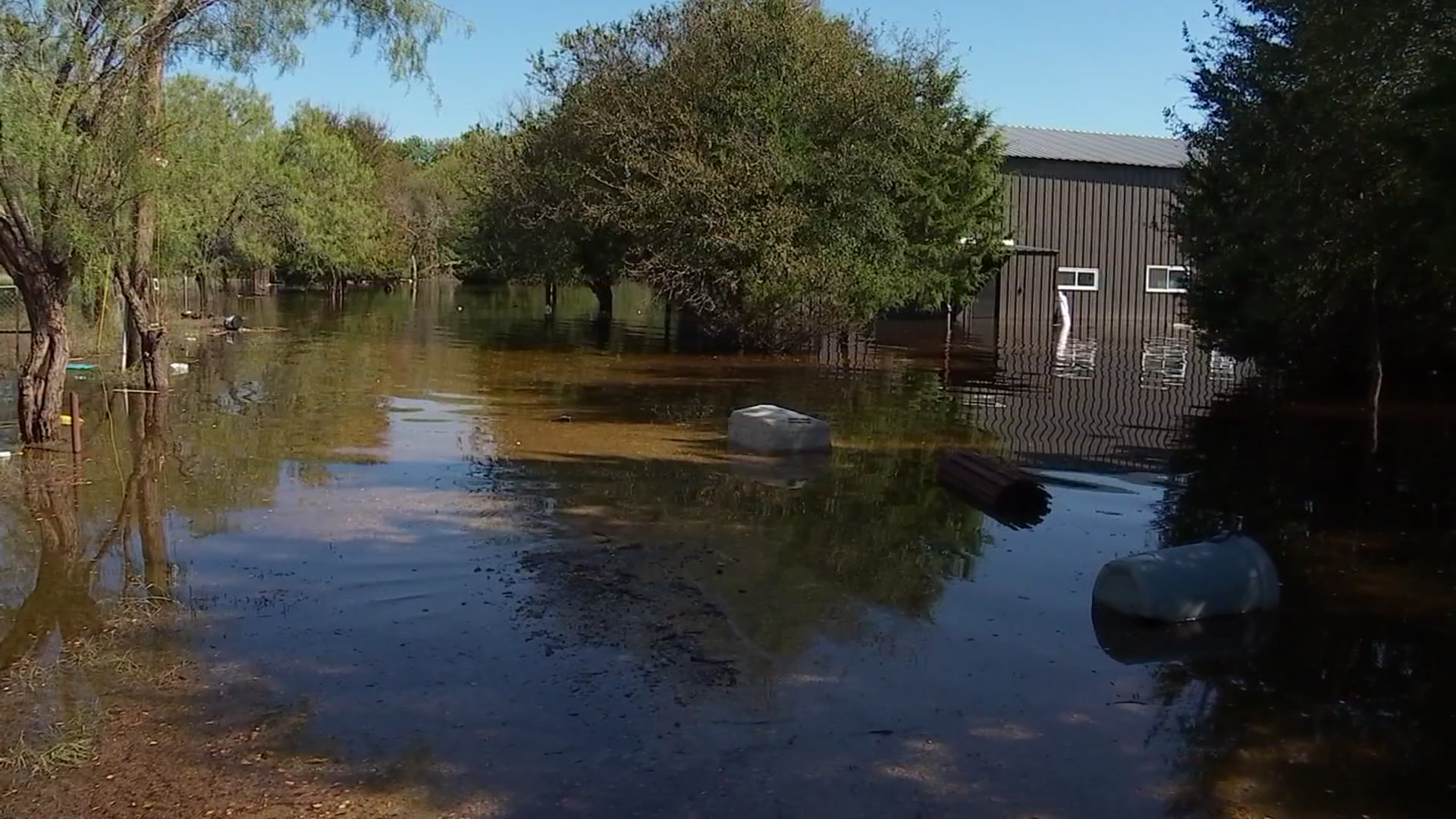
Late last year, a medical cannabis company called Texas Original announced the launch of the strongest THC gummy to hit the market in Texas – a 30-milligram product called blueberry lemonade.
"Right off the bat, very high demand within our patient base, within the (Compassionate Use Program)," Texas Original CEO Nico Richardson said. "So that tells us it was it was a gap and an area we needed to look into."
But state law in Texas makes the strongest THC gummy in the state a small dosage compared to other parts of the country.
"The way the law states it and the way they regulate medical cannabis within the CUP is by percentage weight of the product, and so 1% by weight of the product is more akin to how you regulate alcohol, not a pharmaceutical," Richardson said. "A pharmaceutical, you measure the amount of active ingredient in that pharmaceutical and then look at a volumetric dosing."
Get DFW local news, weather forecasts and entertainment stories to your inbox. Sign up for NBC DFW newsletters.
Texas law in regards to hemp, though, allows for potentially stronger products.
"In the state of Texas and other states that don't have, recreational access to, quote-unquote, marijuana, they're able to, sell THC products," Texans for Responsible Marijuana Policy communications director Amanda Grace Hughes said. "So when I say that, I mean tetrahydrocannabinol and typically I mean Delta 9 nine tetrahydrocannabinol, that is the component that is psychoactive, that is naturally occurring in marijuana at higher levels and in hemp at lower levels."
Local
The latest news from around North Texas.
While Texans learn more about what is in different cannabis products, public opinion has shifted too. According to polling conducted last year by the Hobby School of Public Affairs at the University of Houston, 82% of Texans support medical marijuana, while 67% said recreational use should be legal for those 21 and older.
"I think generally people are more aware of what they're putting in their bodies these days and would rather be advocating and utilizing plant-based medicines where they can," Richardson said. "Doesn't mean it solves everything, but does it help so that you can minimize the load of pharmaceuticals that you're taking? A lot of times, yes."



